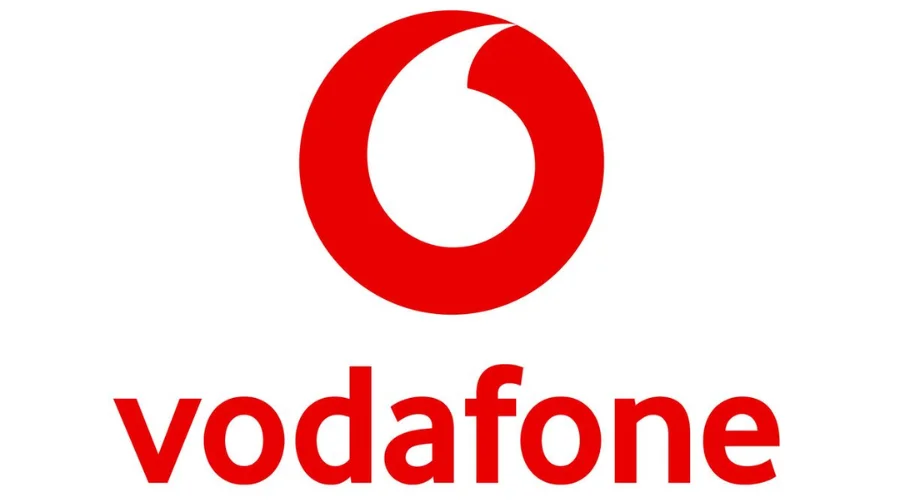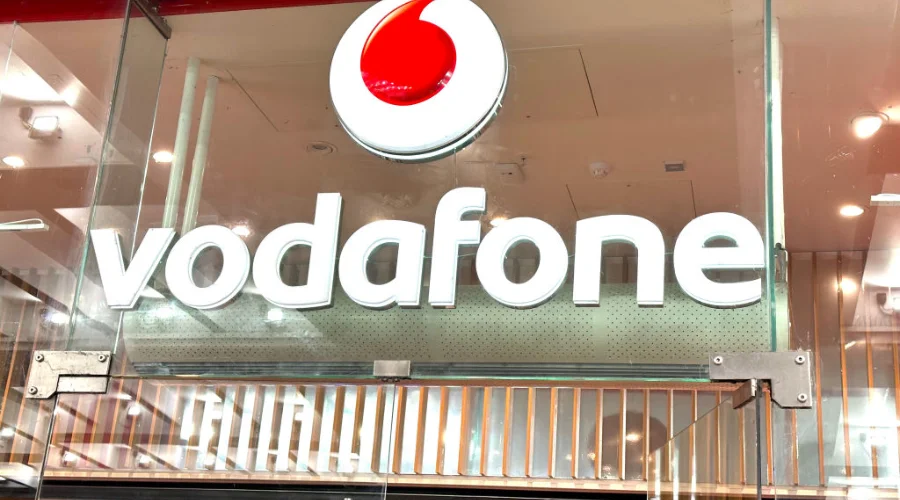An employee’s reimbursement includes a Business Flex Mobile Plans, which allows them greater discretion over which CTC parts they choose to participate in and how much they pay for each one. These greatly assist staff members in lowering their tax obligations. With an increasing emphasis on the staff member experience, the Business Flex Mobile plan today recognizes the costs and attempts that employees bear and use adaptable perks to customize the pay scale and uphold an employee-friendly culture.
Every company is unique; their needs vary depending on their sizes, industries, and other factors. Establishing a business flex mobile plan is essential for organizations to guarantee the greatest benefit and cost improvement when it comes to addressing communication needs. Why is it based on objectives? Because an effective communication ecosystem facilitates gap management and increases productivity within organizations.
Although the idea of mobile communication may not have been new, COVID-19 has made in-person interactions challenging, which has highlighted the need for it and exposed gaps in business communication strategies. The add-on data business flex plans help to achieve goals if it is based on the organisation’s high standards. It may lose money if it doesn’t. We’ve outlined four key factors to watch out for when developing a reliable, efficient, and economical mobile communication strategy for your staff members.
What are Business Flex Mobile Plans? Pros and Cons
With an employer-provided package of applications, employees can select the perks that they require or desire through the use of a customised benefit plan (FBP). It’s the portion of pay that allows workers to change the items that make up their CTC (the price to the company). FBP gives workers greater authority over their plans, which in turn gives them more regulation over their lives. They are free to choose which CTC parts and, to what extent, they wish to participate in each one. Depending on the needs of the business and its employees, adaptable benefit packages for workers can encompass things like medical coverage, pensions, transportation, phone bills, etc.
Relationships always prove beneficial to both parties. It’s imperative in today’s workforce to recognise that each employee is unique and has different needs. Meeting the needs of staff members is among the most crucial things that both big and small companies should do. Thus, offering top talent with flexible benefits can help a company draw in and keep them. Now that we understand what FBP is, let’s explore its many facets in more detail!
Different Business Flex Mobile Plans & Their Policy Types
Let’s examine the various policies on flexible benefit plans!
-
Policy of Mutual Exclusion
In this type of policy, the employer and employee meet together to deliberate and decide jointly what elements are not to be covered by the FBP payment.
-
Policy of Opt-in
Employers refer to the flexible elements of this kind of policy as “opt-in.” This implies that workers are not permitted to change the component. Ultimately, that portion was previously classified as fixed pay by the employer.
-
Policy-based on quantitative
All adaptable elements whose specific base value the company has previously stated are subordinate to this kind of policy. Workers have the option to choose an element quantity based on the initial value.
-
Policy Relying
One element of the FBP payment has been disclosed to rely on another element, as implied by its name. Employees must therefore complete the FBP statement for both parts at the time when they proceed.
Also, Read- Say Hello To Hassle-Free Connectivity With Prepaid Mobile Plans
A SIM-only Deal: What Is It?
Due to the abundance of options available on the market and the regular release of new phones, selecting the best phone contract can be difficult.
There are instances in which choosing the more affordable option is preferable, and not everyone wants to shell out a few thousand dollars on a mobile phone contract. You can make an informed decision about whether a SIM-only agreement is the best choice for you now that we’ve addressed all of your questions about them.
What is SIM-only? What is included in it?
A monthly contract that is limited to the minutes, texts, and data you use on the SIM card may be offered by a provider. It is called “SIM-only” because you typically never get a phone and the SIM card is free.
A SIM-only offer: is it a contract?
A 30-day contracted offer that rolls over every month is known as a monthly SIM-only deal. Unlike when you choose a deal with a handset, you are typically not locked into a 24-month contract. With monthly sim-only plans, you pay a set monthly fee and are given a certain amount of data, texts, and minutes to use during the plan’s duration. This monthly allotment is reset.
Best business flex mobile plans
-
Month-to-month SIM-only plans

The following are some common benefits of business flex mobile plans: Flex SIM-only month-to-month plans may offer:
Flexibility:
Business Flex mobile plans provide flexibility without long-term contractual agreements, much like standard month-to-month plans do. This enables companies to modify their plans in response to evolving requirements.
Data, calls, and texts:
Business Flex mobile plans usually come with a mix of text messages, calls, and data minutes. Plans can be selected by businesses according to the data consumption and communication wants of their staff.
Business Tools:
Additional business-focused features or tools, such as leadership tools, collaborative applications, or improved customer assistance, may be included in some business flex mobile plans.
Customization:
Plans can be tailored by businesses according to the quantity of lines, data needs, and extra services they desire.
Handset Integration:
Many of these plans don’t come with a handset; instead, they are SIM-only. Business flex mobile plans whose staff already own appropriate gadgets may find this beneficial.
Corporate Discounts:
For companies with numerous lines of business, certain suppliers provide corporate discounts or bonuses.
Support and Account Management:
To help with the unique requirements of enterprises, focused business flex mobile plans may include improved assistance services and specialised account management services.
-
24-month Tech Fund plans
The idea behind a “Tech Fund” is that part of the program might be devoted to giving companies money or concessions for costs associated with technologies. Repairs to your device, additional tech-related purchases, or accessories may fall under this category.
I suggest contacting the cell company that offers business flex mobile plans with a 24-month Tech Fund or additional extras to obtain the most up-to-date and correct data. For the most recent information, get in touch with their business support department or visit their official site’s page dedicated to company plans.
When you inquire about these business flex mobile plans, you might want to ask about:
The Tech Fund in detail:
Learn the costs or acquisitions the Tech Fund can be used for. This might involve devices, extras, software, or additional investments in technology.
-
Plan Included:
Examine the plan’s data, call, and text payments, as well as any extra business-oriented services.
-
Contract Terms:
Verify the contractual terms, particularly the arrangement’s duration and any fees or charges for terminating it prematurely.
-
Options for Devices:
If the business flex mobile plans involve devices, find out which alternatives are accessible and if purchasing devices entail any additional fees or savings.
-
Help and Services:
Find out what kind of support and extra services are offered to business clients.
-
36-month Tech Fund plans

A “Tech Fund” in an organisation’s mobile plan usually means that the provider of mobile services is providing companies with a specific budget or support to use for different types of technology-related costs. This might consist of:
Device Improvements:
During the 36-month period, companies may use the Tech Fund to upgrade the mobile devices—such as cell phones or tablets—of their employees.
Accessory purchases:
Cases, chargers, and other equipment associated with the device may be reimbursed by the fund.
Software and Uses:
Money may be used to buy or subscribe to productivity instruments, software, or applications for businesses
IT Services:
Certain IT services or solutions that improve the company’s technological framework may be covered by the Tech Fund.
Also, Read- Save Big And Stay Connected With Vodafone Family Mobile Plans
Conclusion
In the end, Vodafone offers a variety of advantages to companies through its business flex mobile plans, especially the month-to-month SIM-only, 24-month Tech Fund, and 36-month Tech Fund plans. These programs place a high value on adaptability, enabling companies to change with the times without being bound by long-term agreements. Tech Funds, which are included in the 24- and 36-month plans, help businesses better manage their expenditures associated with technology, such as software licenses and gadget improvements. These business flex mobile plans are adaptable and adapted to the specific needs of businesses thanks to modification options, organization coupons, and improved support services. This encourages an effective and economical employee interaction strategy.
For more information, visit Savewithnerds.













